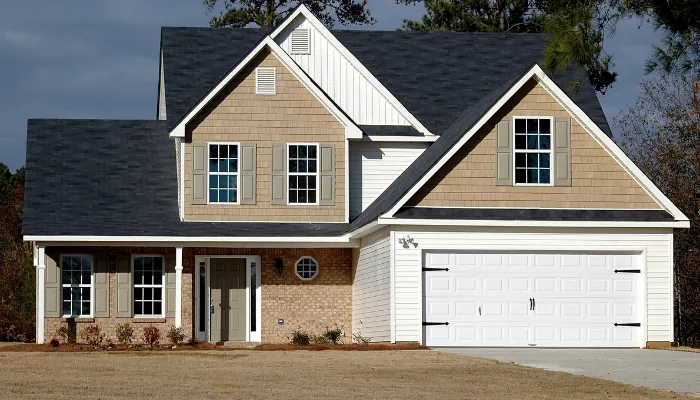Towards retirement, we always discuss assets and liabilities with our clients. Many of them talk about their house as an asset and part of their retirement savings. But there is a problem with this. Unless their plan is to sell the house before or during retirement, this is not an asset that will generate an income for them to live off.
In this scenario, the house is much the same as a car. Let’s say you own a $30,000 car. It’s practical; you need it for transport. But you cannot draw from that $30,000. You can’t use it for anything else, including an income, during your retirement. It’s money such as that in your super account that ‘gets dressed and goes to work for you’; providing an income stream you can draw from.
As we know, there can be significant costs to owning property. We’ve recorded podcasts and released articles that go in-depth about these costs, but in a nutshell, they are:
- Rates and Water – $2,500 a year (conservatively). Also, it is more expensive in places like Townsville, where we are.
- Insurance – $2,500 per year (also more expensive here due to cyclones).
- Maintenance – around 1.25% of the value of the property and land. People are shocked when we tell them this. But we’re talking big costs over time, broken down to an annual cost. For instance, a new coat of paint inside and out every 15 years at $40,000 breaks down to an annual cost of $2,666. This cost doesn’t come every year, but it does come. Others include replacing split system air conditioning units – $20,000 every 15 years, or $1,333 annually. Then there’s new bathrooms, kitchens, and floor coverings every 20 years at $50,000, or $2,500 a year. General maintenance for things like electricians and plumbers comes in at around $1,000 a year. In total, these add up to $7,500 a year. On a $600,000 home, that’s about 1.25%.
A common misconception is that once a house is paid off there are no more costs. But we know that isn’t true, and the long-term costs can be a lot more than people think. People ask ‘what’s the alternative? I don't want to rent during retirement.’ We’re not saying don’t own a house – just highlighting the need to be aware of the costs. Cars can be categorised in the same way. They have some resalable value – but are not an asset to live off. So whether it’s a home or a car, there are always running costs. Make sure you invest in something else that will outgrow inflation. And as always, think about the trade-offs you can make and how they might help you in saving money.
Listen to the related podcast here!
